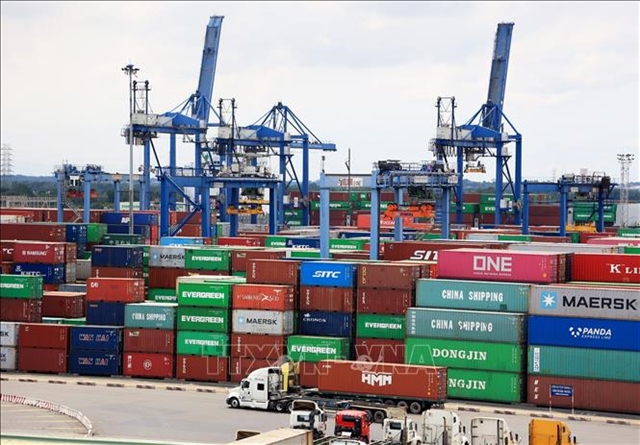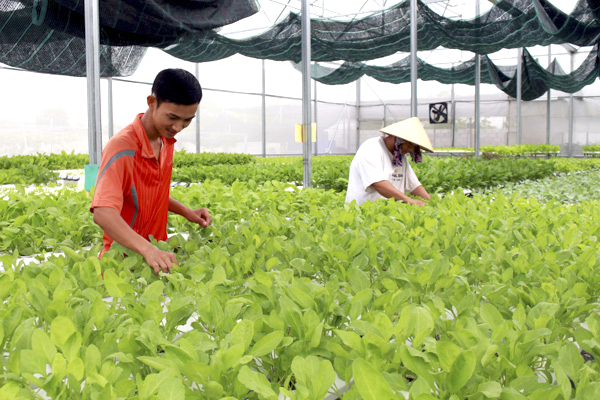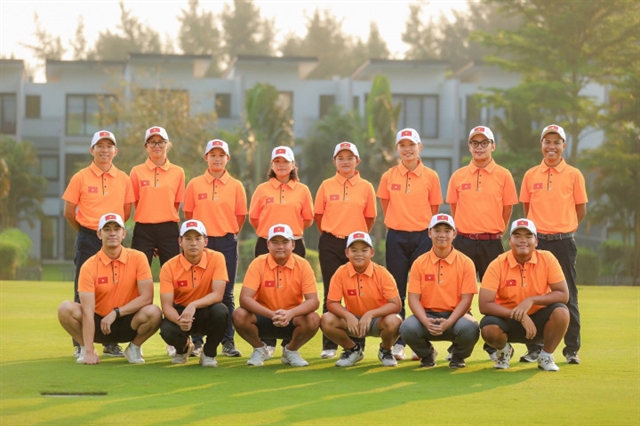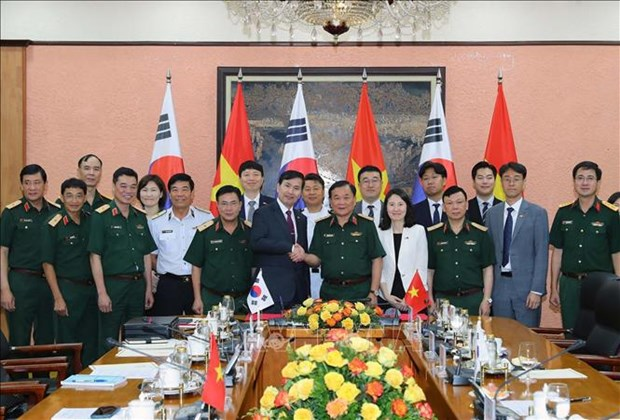 Economy
Economy

Digitisation has brought the agricultural sector in the southern province of Bà Rịa-Vũng Tàu to a new stage of development by helping farmers improve cultivation methods and optimise the use of soil, seeds, weather and market information.

|
| A high-tech agriculture centre in Bà Rịa-Vũng Tàu. High-tech agriculture is one of five key economic sectors the province is seeking to develop. – Photo from Internet |
BÀ RỊA-VŨNG TÀU — Digitisation has brought the agricultural sector in the southern province of Bà Rịa-Vũng Tàu to a new stage of development by helping farmers improve cultivation methods and optimise the use of soil, seeds, weather and market information.
Provincial authorities said the use of digital farming has enabled farmers to improve quality and thus incomes.
They also said they are making efforts to practically use technologies rather than just show them off.
Strategy set to change production mindset
In 2017 the Bà Rịa-Vũng Tàu’s People’s Committee unveiled a plan to develop high-tech agriculture by 2020 towards 2025 by setting up seven areas to develop digital farming.
The seven areas in Đất Đỏ, Xuyên Mộc and Châu Đức districts and Phú Mỹ Town with a combined area of 5,000ha will be used to develop high-tech agriculture.
Also under the plan Bà Rịa-Vũng Tàu has set the goal of modernising agriculture by 2020 and improve yield and quality and thus competitiveness.
It has set an annual growth target of 4.5 per cent for the sector.
High-tech agriculture products will account for 30 per cent of the total agricultural value by 2020. The target rises to 40 per cent in 2025.
To achieve them, the province has invested a lot of money in infrastructure, upgrading the electricity, irrigation and road systems.
Đất Đỏ District is submitting plans to develop a high-tech agriculture centre spread over 253ha in Phước Hội Commune.
Bà Rịa City is also planning to develop a digital farming centre on an area of 300ha to grow vegetables, fruits and flowers.
The high-tech agricultural development plan has changed local farmers’ mindsets, causing them to become more active in harvesting, improving quality and seeking markets.
The Bà Rịa-Vũng Tàu Department of Agriculture and Rural Development says 65 companies have registered to invest in 66 high-tech agriculture projects on an area of nearly 3,200ha in the province. |
Production connects consumption
A plan connecting the various stakeholders like authorities, investors, farmers, and retail companies was discussed at a conference in the middle of this year.
The authorities promised to regularly meet with companies investing in high-quality agriculture to help them resolve any problems they face.
They will also act as a bridge connecting investors and farmers to enable the former to create a chain covering all stages from productions to distribution.
Ngô Sỹ Long, a farmer growing melons in Vũng Tàu City, said he has received support from many companies like Vifarm Company and Tiên Phong Company, who have helped him set up a farm and apply modern technologies.
Companies have also signed contracts with his farm to buy melons.
“Receiving support in all stages of production has supported my production. I am now feeling secure about farming.”
A report from the province's Department of Plant Protection said Bà Rịa-Vũng Tàu now has around 42 centres for high-tech agriculture with a combined area of over 2,800ha. At these centres, many advanced technologies have been used including plastic mulching, irrigation and fertilising systems, aquaponics, and remote temperature setting system.
Farmers grow various vegetables and fruits like banana, grape fruit, avocado, and sweet potato.
They supply the market with around 40,000 tonnes of high-quality agriculture products every year.
High-tech agriculture is one of the five key sectors to be developed, and the province is soliciting domestic and foreign investment in them.
The investment will enable the adoption of more advanced technologies to improve product quality to meet both local demand and exports.
If it attracts investments, the province will be able to expand its successful models so that digital farming will develop more strongly. — VNS




